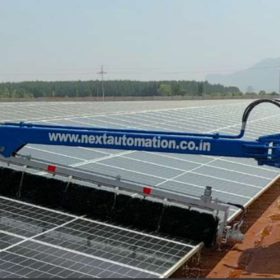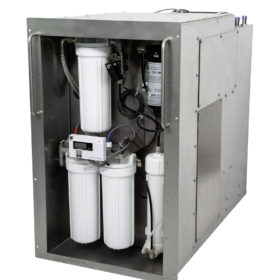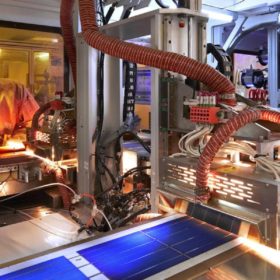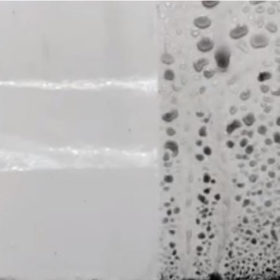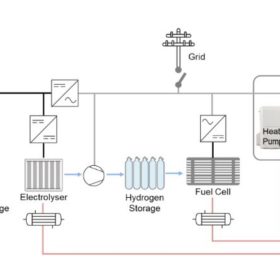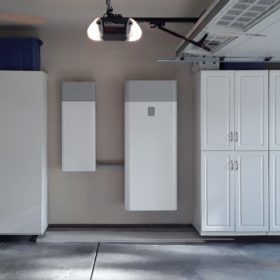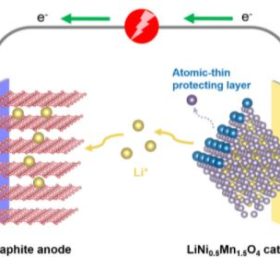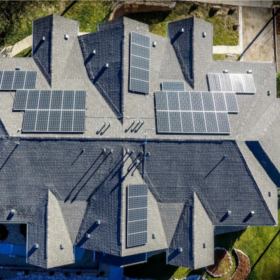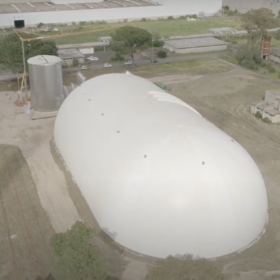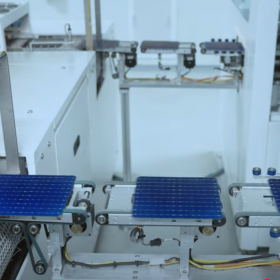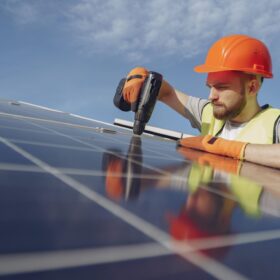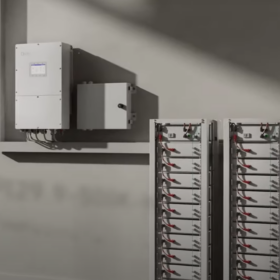Tractor-mounted, hydraulic panel cleaning arm for solar farms
Tamil Nadu based Next Automation has come up with a tractor-mounted hydraulically operated arm as a fast, accurate, cost-effective, and water-efficient cleaning solution for panels in solar farms.
Modular electrolyzer for residential, commercial applications
Germany’s Ostermeier H2ydrogen Solutions has developed an electrolyzer that works with tap water, with bottles to store hydrogen and a fuel cell or a Wankel engine to produce electricity. The system has a capacity ranging from 1kW to 100 kW, which corresponds to hydrogen production of 0.2-20 Nm3/h.
IndianOil, L&T and ReNew to form green hydrogen development JV
IndianOil, Larsen & Toubro, and ReNew will hold an equal stake in their proposed joint venture to develop, execute and own green hydrogen assets in India. Additionally, IndianOil and Larsen & Toubro will form a JV for the production and sale of electrolyzers.
Trina Solar achieves 25.5% efficiency in n-type TOPCon solar cell
The result was confirmed by the National Institute of Metrology of China. It was achieved with a cell size of 210x210mm.
French consortium develops self-cleaning solar module coating
French chemical company Axcentive and solar module manufacturer Photowatt have developed a PV panel coating based on photoactive nanotechnology. The coating relies on a super-hydrophilic surface that makes the water spread out on the module surface immediately, thus avoiding light scattering effects upon rain.
Designs for solar+storage+hydrogen systems in buildings
German scientists have tried to determine whether a PV system linked to a small electrolyzer, a fuel cell, and lithium-ion batteries could fully power a grid-connected household. Their new proposal consists of a 6.8kW PV array, a 5kW electrolyzer, a 1.24kW fuel cell system, and battery storage.
SunPower launches whole-home backup solution
The US manufacturer has expanded the battery capacity options for its SunVault Storage product, up to 26 kWh and 52 kWh configurations.
Australian researchers promise lifespan boost for lithium-ion batteries
Researchers from The University of Queensland have developed a new nanotechnology that purportedly more than doubles the lifespan of high-voltage lithium-ion batteries, paving the way for higher density and lower-cost energy storage solutions.
Tata Power and Social Alpha launch net-zero accelerator program for industries
The ‘Net-Zero Industry Accelerator’ program will prioritize industries with the highest carbon footprints and assure a robust ecosystem to support a new generation of entrepreneurs as they take disruptive climate-tech innovations for industrial decarbonization from the lab to market.
IntriEnergy secures solar patent in India
The USA-headquartered clean technology company has been granted a patent for its PV cell technology platform that can increase the energy output of solar panels by up to 60% without increasing the panel size.
